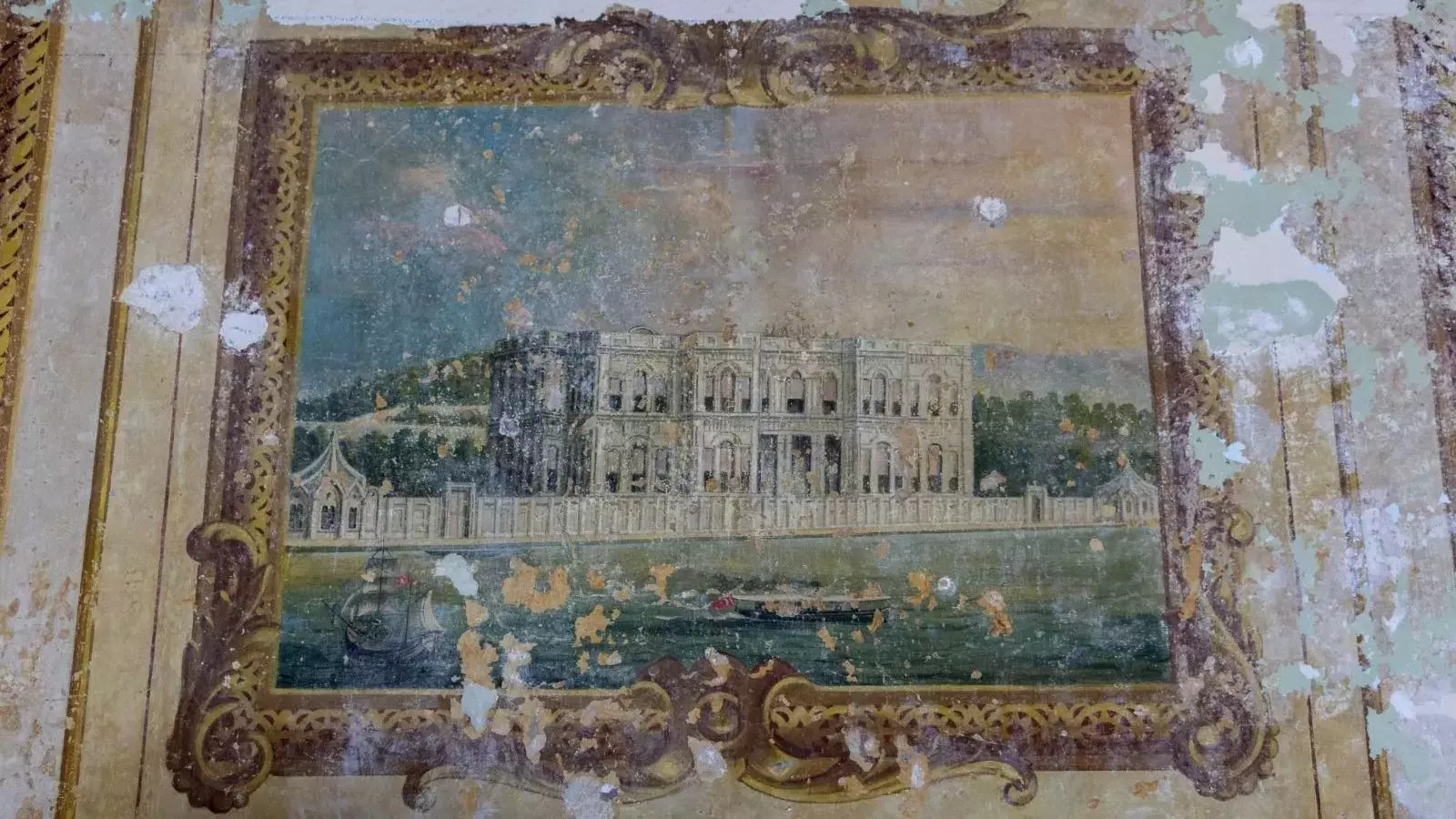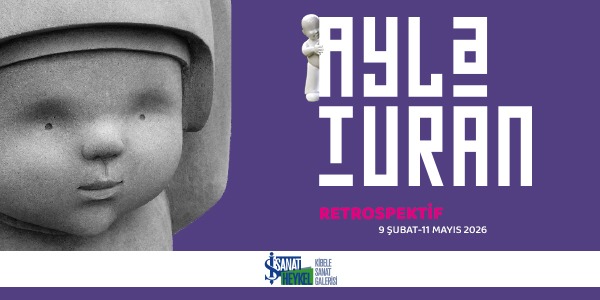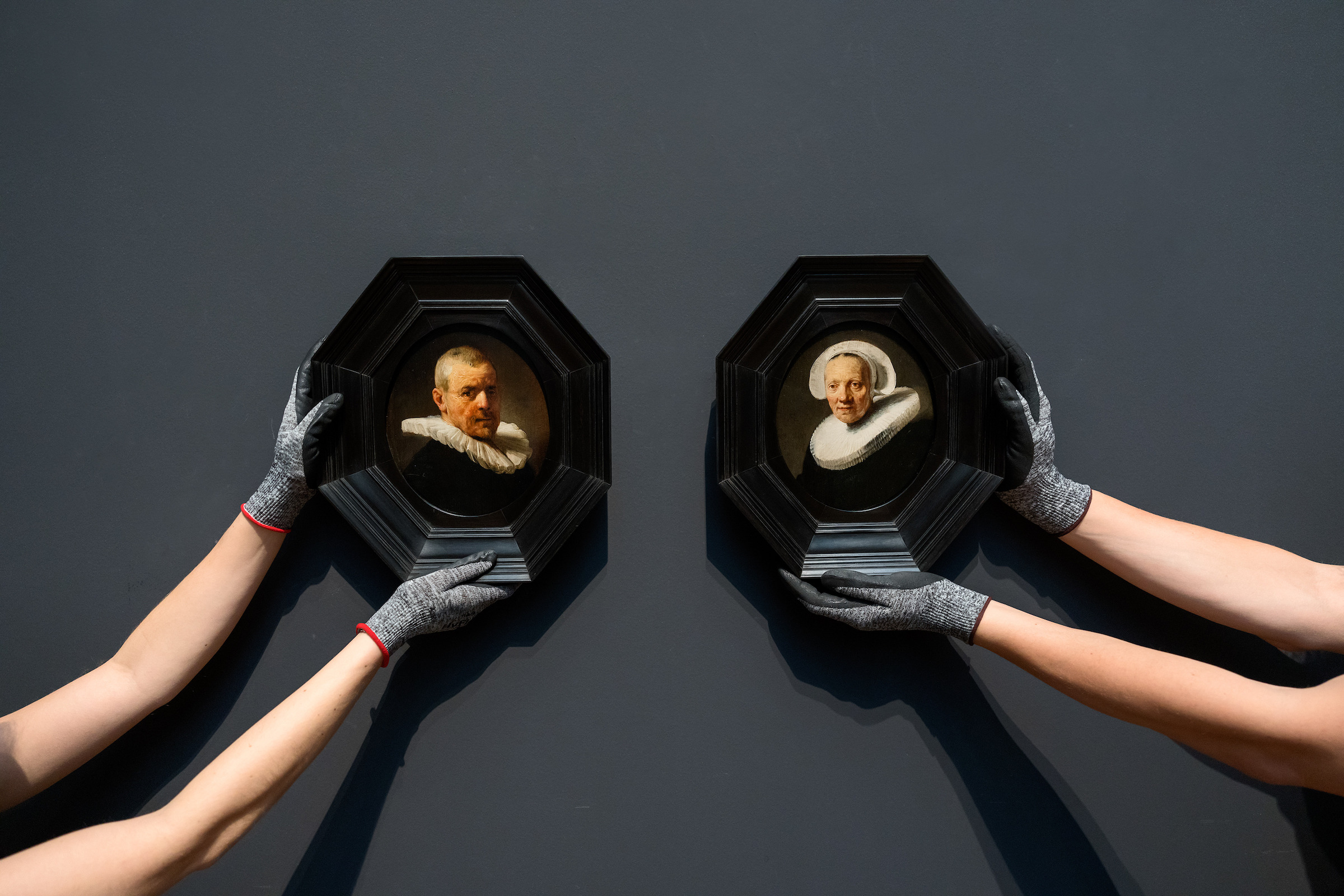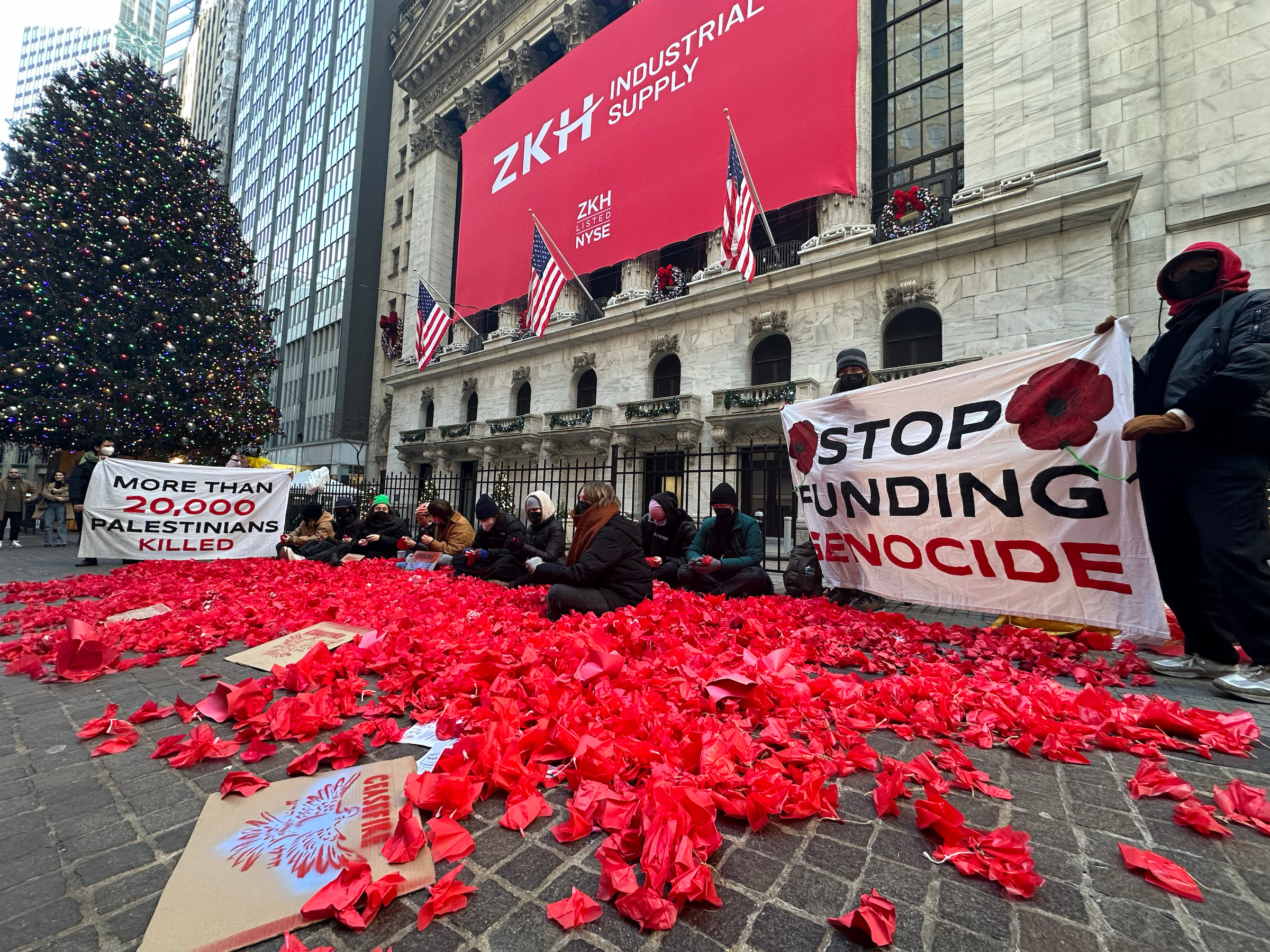The ongoing restoration endeavors over five years at Istanbul’s Yıldız Palace, one of the significant structures from the Ottoman Empire era, have unveiled 19th-century wall paintings and decorations concealed within its walls.
The restoration project conducted by the Presidential Directorate of National Palaces extends beyond the Yıldız Palace grounds to encompass other pavilions, the theater and opera house and the imperial porcelain production facility within the vast complex.
Comprehensive restoration work has been diligently undertaken on various structures, encompassing both their interior and exterior sections, landscape areas and all architectural details. A flurry of activity unfolds as restoration teams tirelessly breathe life back into not only the Yıldız Palace but also into the adjacent Çukur Palace, once the residence of Ottoman Sultan Abdülhamid II’s kith and kin, poised to evolve into a museum.
Restoration experts, in their meticulous work on the interior walls, have brought to light 19th-century paintings, drawings and ornamentations hidden beneath the layers of plaster and gypsum.
“We have truly achieved significant results in this complex. Previously, these rooms were entirely covered in plaster and paint. This palace structure is larger than 90 rooms. In our work, we discovered embellishments of historical importance beneath these layers,” Dr. Yasin Yıldız, the head of the directorate, said, emphasizing the historical significance of the findings.
The uncovered artworks consist of delicate penmanship on walls and plaster, as well as nature paintings on walls and canvases, according to Yıldız.
“We have come across important findings in the preservation of historical heritage, such as original structures and patterns revealed through penmanship on walls, plaster, ceilings and oil paintings on wood. The revelations stand as pivotal contributions toward the preservation of our historical heritage,” he explained.
Yıldız emphasized the extensive use of the Yıldız Palace by Abdülhamid II for over three decades, noting that after the imperial era, the structure served various purposes, leading to several alterations and additions that did not align with its original spirit.
“This place was also previously used as a university structure. Particularly post imperial era, it traversed a protracted trajectory. Throughout this period, various interventions were made. With our work carried out so far, we have undertaken efforts to rectify these interventions.”
Yıldız delineated the meticulous orchestration of distinct timelines for each structure within the vast complex, underscoring the completion of some restoration projects. Some of these structures will open to visitors as museums in the coming periods, he added.










